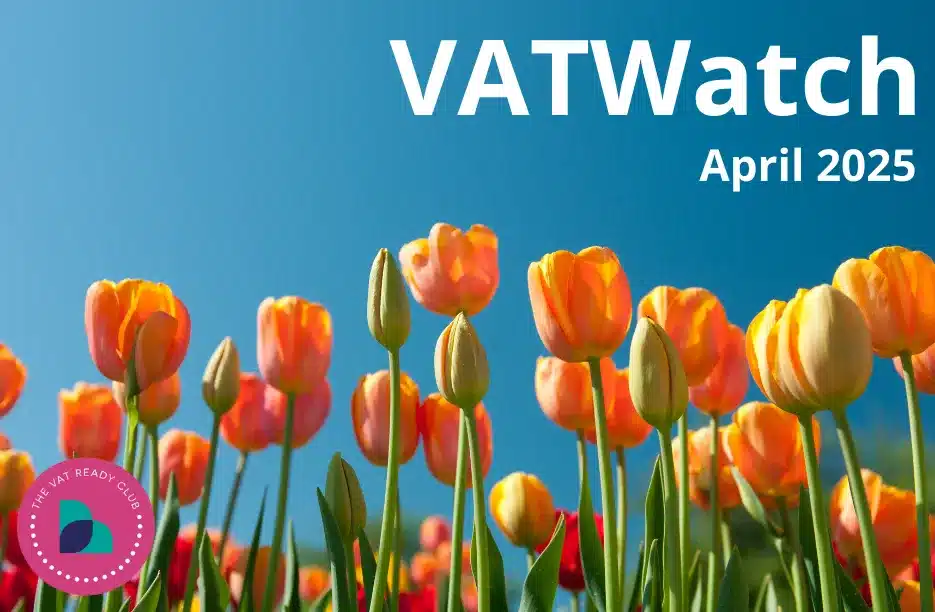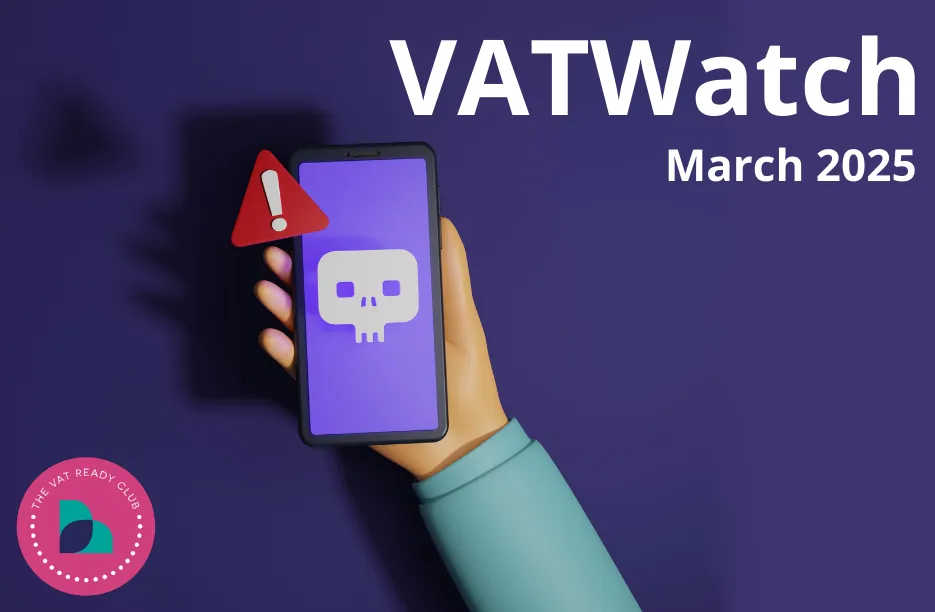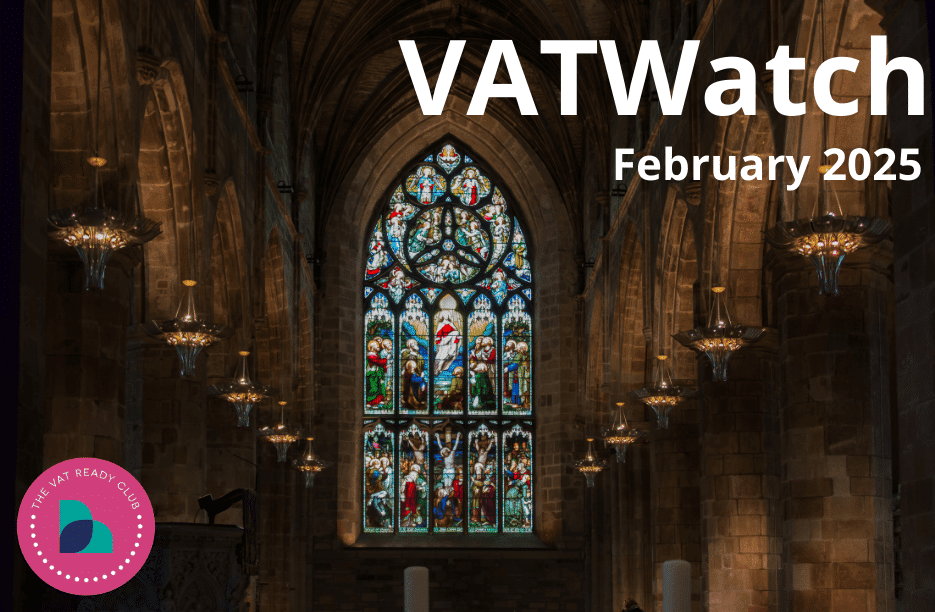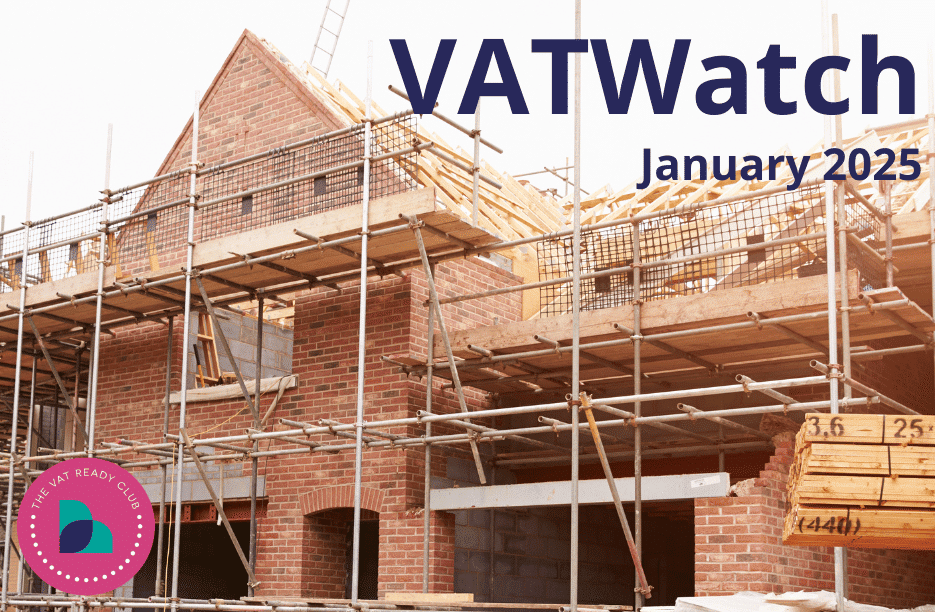Selling goods into Europe B2C from 1 July 2021
As mentioned in previous bulletins, the rules for selling goods up to a value of €150 to EU consumers are changing with effect from 1 July 2021 so that VAT will be chargeable at the point of sale by the seller but at the rate of VAT applicable in the recipient’s country.
The same rule has applied in the UK since 1 January 2021 for supplies up to £135 but the EU changes were deferred 6 months because of COVID.
A seller in the UK, shipping goods to EU customers, can either register for VAT in every country to which they make sales, or can register once and use the Import One Stop Shop (IOSS) to report all sales. VAT is still due at the rate applicable in each country.
Registration will need to be in place by 1 July 2021 and applications are now open.
Sales with a consignment value of over €150 will continue to be treated as they are at present
HMRC update guidance on overseas goods sold to UK customers
Whilst we’re on the subject of B2C sales, HMRC have also updated their guidance on how sellers deal with VAT for goods from overseas that they sell to customers in the UK (so, the opposite from the above).
Valuing Imports
HMRC have published guidance on how to value goods for VAT purposes when bringing them into the UK.
Goods Returning to GB from NI
SI 2021/483 provides relief from customs duty and VAT for certain goods returning to Great Britain from Northern Ireland from 22 April 2021
Correcting errors re imports
It is inevitable that errors will arise as people get to grips with the new regime. HMRC have issued a form which can be used to notify them of errors in connection with import VAT and duty on items imported via post.
Refunds of VAT incurred in other countries
Updated guidance has been issued explaining how UK companies can recover VAT incurred in other countries and how businesses outside the UK can recover VAT incurred here.
Westow Cricket Club
In certain circumstances, zero rating is available for the construction of a building for a Relevant Charitable Purpose.
Westow Cricket Club was a Community Amateur Sports Club (CASC) but not a registered charity. They contacted HMRC to ask whether they could issue a certificate allowing zero rating to be applied in relation to a property being constructed for them.
HMRC responded, saying:
“HM Revenue & Customs policy prevents this Department from providing a definitive response where we believe that the point is covered by our Public Notices or other published guidance, which, in this case, I believe it is.
In view of the above, please refer to section 16 of Public Notice 708 Buildings and construction. This explains when you can issue a certificate. Section 17 includes the certificates. Furthermore I would refer you to sub-paragraph 14.7.4 which covers what is classed as a village hall or similar building. Providing the new pavilion meets the conditions set out, and it appears to do so, the construction work will be zero rated for VAT purposes. If you have any further queries regarding this matter, please contact us quoting our reference number.”
Based on that response, the club issued a zero rating certificate to the builder and no VAT was charged.
As the club was not a charity, VAT should have been chargeable on the building work. The penalty in these cases, is an amount equivalent to the VAT which would have been payable had the certificate not been issued incorrectly.
The question the courts were considering was whether the club had a reasonable excuse for the mistake. The court agreed that they did and the penalty was withdrawn.




